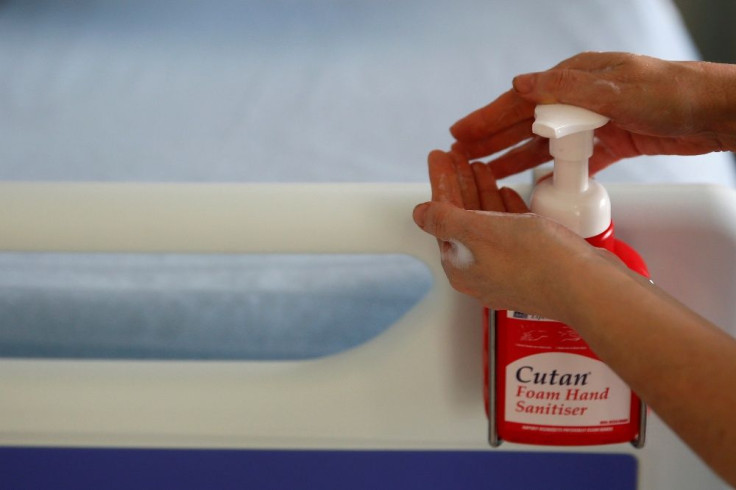California Approves Ban On Use Of Microbeads In Personal Care Products

The California Assembly has approved a bill that bans microbeads found in exfoliating products. Retailers of cosmetic products that contain microbeads will be banned from the state, CNBC reports.
A feature news from the New York Times explains that exfoliating beads are commonly found in soap, body washes and toothpaste. These microbeads are a target of environmental activists from U.S. because these tiny particles are non-biodegradable and marine mammals end up ingesting them.
Different manufacturing companies have already vowed not to use the ingredient when making the cosmetic products. Johnson & Johnson, Unilever and L’Oreal are among the companies that have pledged against the use of microbeads and will start using natural alternatives.
Aljazeera reports that Californians Against Waste, a not-for-profit organisation calling for the microbeads ban, said that scientists have estimated 471 million microbeads were dumped in San Francisco Bay every day. While these tiny plastic beads can help create flawless skin, they also pose a threat to the environment.
The same organisation also cited studies showing microbeads in cosmetics end up in the stomach of fish. Other marine animals may ingest the beads, thinking these are eggs. As a consequence, people eat the fish, passing along the chemicals within the cycle of the food chain.
In the CNBC news report, Assemblyman Richard Bloom, a sponsor of the bill, said before the vote that prolonged use of microbeads can take a toll on the environment and incur added expenses because there is a need for extensive clean-up services.
If the bill will be passed into law, the sale of cosmetic products with microbeads will be banned by 2020. States that already have laws on the restriction of microbead use include Colorado, New Jersey, Illionois and Maine, Tech Times reports. Meanwhile, Oregon, Minnesota, Michigan and Washington have pending bills.
Microbeads found in personal care items are mostly made of polyethylene. In a move to come up with an alternative solution, Mango Materials, a San Francisco Bay Area-based business, is now developing an environment-friendly ingredient. The ingredient is a naturally occurring plastic derived from mushrooms and is called polyhydroxyalkanoate, or PHA, the New York Times reports.
To report problems or leave feedback on this article, email: wendylemeric@gmail.com.





















